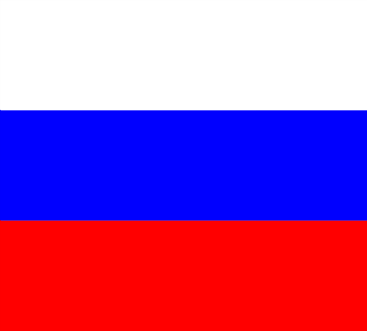Mr. Speaker, last Sunday, while the world’s eyes were focused on the momentous events taking place in Iraq, a constitutional referendum was held in the war-torn region of Chechnya. The referendum was held as part of the Russian Government’s attempt to “normalize” the situation in that tortured part of Russia’s North Caucasus.
For the last ten years, Chechnya has been the scene of a bloody war between armed Chechen rebels and Russian military forces. Hostilities were precipitated in late 1994 when, in the wake of Chechnya’s attempt to secede from the Russian Federation, Russian military forces launched a full-scale assault on the Chechen capital of Grozny. There was a restive peace from 1996 until the summer of 1999, when the armed clashes erupted anew. The roots of this conflict go back to Tsarist conquests in the 19th century and Stalin’s brutal deportation of the Chechen people to Central Asia during World War II. Unfortunately, certain radical Islamic militant elements linked to international terrorism have become involved on the Chechen side, though the State Department has stressed that not all Chechens are terrorists.
Despite Moscow’s repeated claims that heavy-handed Russian tactics in Chechnya are part of the war against global terrorism, the situation is far more complex. Many Chechens have taken up arms against what they believe is a repressive colonial power and wish to see Chechnya as an independent state that will be able to make the critical choice regarding the future of its people. As is so frequently the case, the civilian population has suffered terribly from the war. While both sides are guilty of violations of international humanitarian law, the Russian military and special operations units have been responsible for numerous and well-documented instances of gratuitous, brutal and mass violence against the civilian population.
During my years in the leadership of the Commission on Security and Cooperation in Europe, the Commission has conducted eight hearings and briefings on Chechnya. Witnesses, including a nurse who was present in a Chechen town where some of the worst atrocities by Russian forces took place, have described the appalling fate of the civilian population.
According to the U.S. State Department’s Country Reports on Human Rights Practices for 2001, “The indiscriminate use of force by government troops in the Chechen conflict resulted in widespread civilian casualties and the displacement of hundreds of thousands of persons, the majority of whom sought refuge in the neighboring republic of Ingushetia. Attempts by government forces to regain control over Chechnya were accompanied by the indiscriminate use of air power and artillery. There were numerous reports of attacks by government forces on civilian targets, including the bombing of schools and residential areas.” The report continues: “Command and control among military and special police units often appeared to be weak, and a climate of lawlessness, corruption, and impunity flourished, which fostered individual acts by government forces of violence and looting against civilians.” Among the examples of such lawlessness and impunity in the Country Reports were “…reports of mass graves and ‘dumping grounds’ for victims allegedly executed by Russian forces in Chechnya” and “cleansing” operations directed against guerrillas but resulting in deaths and the disappearance of non-combatants.
The State Department points out that Chechen forces also committed serious abuses: “According to unconfirmed reports, rebels killed civilians who would not assist them, used civilians as human shields, forced civilians to build fortifications, and prevented refugees from fleeing Chechnya. In several cases, elderly Russian civilians were killed for no apparent reason other than their ethnicity.”
Against this unsettling backdrop, with an estimated 100,000 internally displaced persons living in refugee camps in neighboring Ingushetia, and under the guns of approximately 80,000 Russian soldiers in Chechnya, the Chechen people have reportedly voted overwhelmingly for the proposed new constitution. Nevertheless, it is difficult to believe that a genuine assessment of the public will would have been determined under such circumstances. I would ask the same question I asked in a Helsinki Commission press release over a month ago: “Are we supposed to believe that this referendum will stabilize Chechnya while armed conflict between the Russian military and Chechen fighters continue to produce death and destruction?’”
The well-respected Russian human rights group, Memorial, has charged that Chechens were pressured to vote with the threat of losing their pensions or humanitarian aid. A joint assessment mission of the Organization for Security and Cooperation in Europe (OSCE) and the Council of Europe stated that “no group has been able to campaign officially against the referendum in the mass media or distribute literature arguing against the referendum,” although some opposition opinions were voiced in the media. Incidentally, in the concluding communique of the 1999 Istanbul OSCE Summit, the Russian Government agreed that all sides should seek a political solution to the conflict, and avail themselves of the assistance of the OSCE. This commitment was seriously undermined when the Russian government evicted the OSCE Assistance Mission to Chechnya at the end of last year.
Mr. Speaker, the Bush Administration has stated that “…we hope [the referendum] can be the basis for a political solution to that tragic conflict.” I find that rather optimistic. The Russian Government might better instruct its military to stop terrorizing the civilian population, prosecute human rights violators and rebuild Chechnya. Then perhaps it would not have to hold referenda in Chechnya under armed guard.











